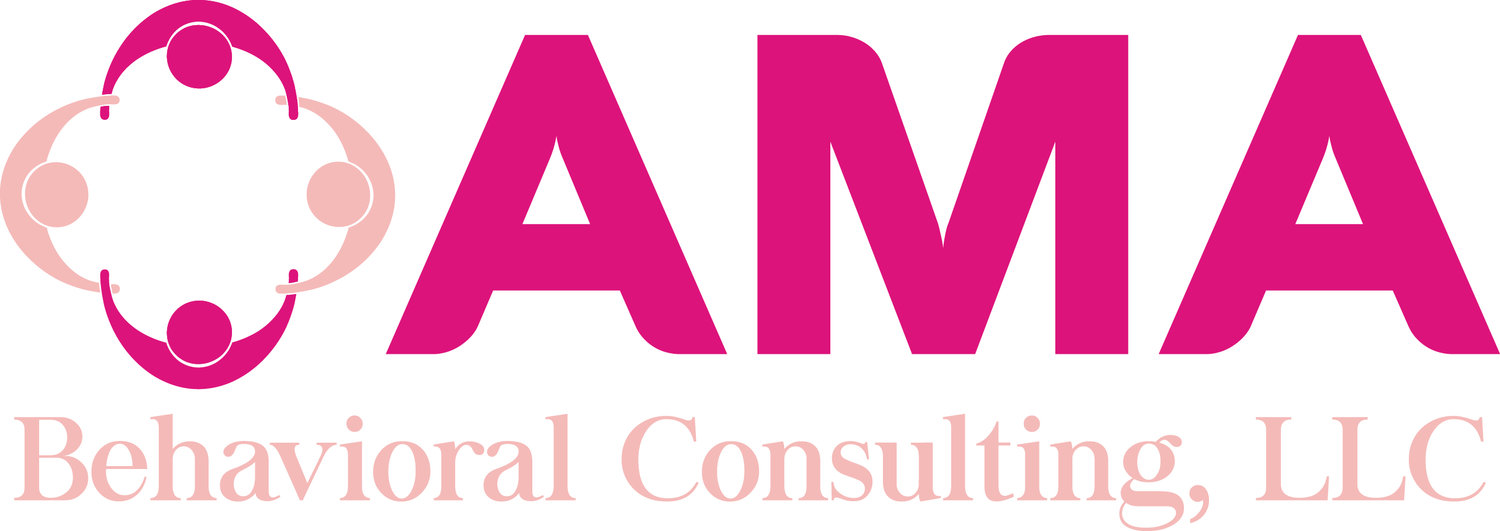What is Applied Behavior Analysis (ABA)?
/What is Applied Behavior Analysis? Applied behavior analysis is the process of systematically applying interventions based upon the principles of learning theory to improve socially significant behaviors to a meaningful degree, and to demonstrate that the interventions employed are responsible for the improvement in behavior (Baer, Wolf & Risley, 1968; Sulzer-Azaroff & Mayer, 1991).
ABA methods are used to support persons with autism in at least six ways:
to increase behaviors (eg reinforcement procedures increase on-task behavior, or social interactions);
to teach new skills (eg, systematic instruction and reinforcement procedures teach functional life skills, communication skills, or social skills);
to maintain behaviors (eg, teaching self control and self-monitoring procedures to maintain and generalize job-related social skills);
to generalize or to transfer behavior from one situation or response to another (eg, from completing assignments in the resource room to performing as well in the mainstream classroom);
to restrict or narrow conditions under which interfering behaviors occur (eg, modifying the learning environment); and
to reduce interfering behaviors (eg, self injury or stereotypy).


